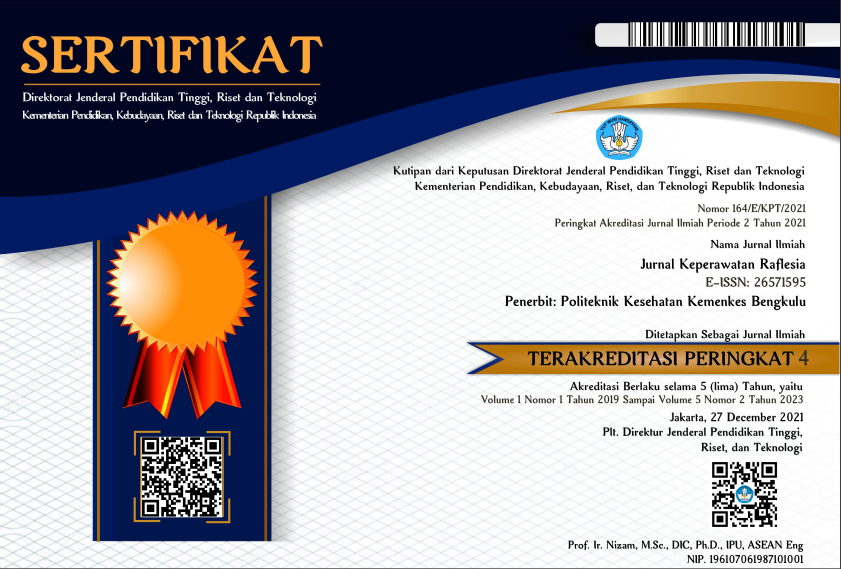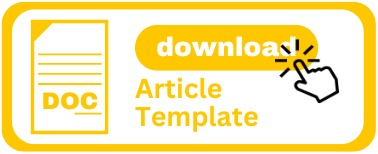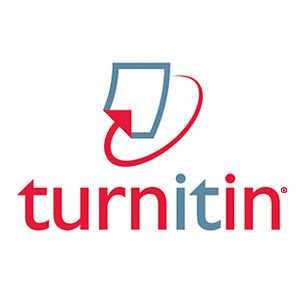Pengetahuan Perawat Terhadap Teknik Komunikasi SBAR di Satu Rumah Sakit di Indonesia Barat
DOI:
https://doi.org/10.33088/jkr.v2i2.558Keywords:
knowledge, nurse, SBAR communication techniqueAbstract
Patient safety is the main thing in client’s the treatment process. Nurses' knowledge or cognitive abilities are fundamental for nurses to carry out their duties and responsibilities. SBAR's effective communication technique consisting of Situation, Background, Assessment, Recommendation is known to minimize the possibility of errors in communication. This study aims to identify the description of nurses' knowledge of SBAR communication techniques. This study used a quantitative descriptive design, which was conducted from May to July 2019. The population in this study were all nurses who served in the inpatient room. The sampling technique used total sampling and involved 50 respondents. Knowledge is measured using an instrument about nurses' knowledge of effective SBAR communication techniques, valid with a Cronbach Alpha reliability of 0.851. Univariate data analysis showed that more than half of the respondents, 26 nurses (52%), had high knowledge of SBAR communication techniques. Collaborative efforts between educational institutions and hospitals on training and simulation of SBAR communication techniques are necessary to support client safety. Further research is needed to explore the relationship between characteristics, attitudes, and motivation with SBAR implementation.
Downloads
Published
Issue
Section
License
Authors who publish with JURNAL KEPERAWATAN RAFLESIA agree to the following terms:
- Authors retain copyright and grant the Jurnal Keperawatan Raflesia right of first publication with the work simultaneously licensed under a Creative Commons Attribution License (CC BY-NC-SA 4.0) that allows others to share (copy and redistribute the material in any medium or format) and adapt (remix, transform, and build upon the material) the work for any purpose, even commercially with an acknowledgement of the work's authorship and initial publication in Jurnal Keperawatan Raflesia.
- Authors are able to enter into separate, additional contractual arrangements for the non-exclusive distribution of the journal's published version of the work (e.g., post it to an institutional repository or publish it in a book), with an acknowledgement of its initial publication in Jurnal Keperawatan Raflesia.
- Authors are permitted and encouraged to post their work online (e.g., in institutional repositories or on their website) prior to and during the submission process, as it can lead to productive exchanges, as well as earlier and greater citation of published work (See The Effect of Open Access).

















